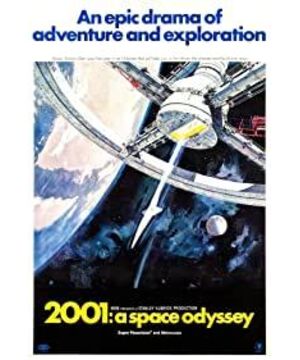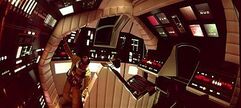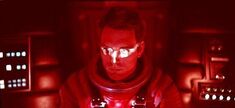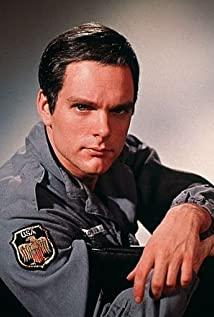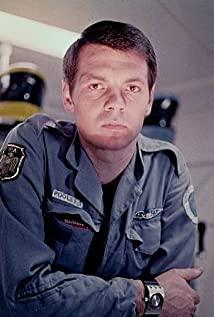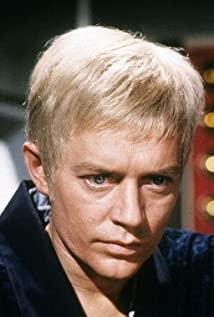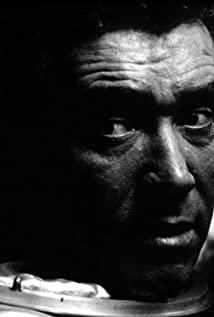Adapting science fiction into science fiction movies itself is dangerous. Too many examples tell us that a good science fiction novel is not necessarily a good movie script (such as the Dune series), and a good science fiction movie script is likely to be a bad science fiction novel (such as the Star Wars series).
The main reason is that the performance methods of movies and novels are different. The text of the novel has great generality and is easy to retract, leaving readers with plenty of room for imagination to fill in less important details. And every shot of the movie must contain rich information (complete images and sounds), which puts forward very demanding requirements for the use of film techniques to express things that do not exist in reality in science fiction, and these imagined things will undoubtedly Most of the content in science fiction movies. For example, a spaceship that can be taken in a few strokes in a novel, a model or animation must be used to create a complete image in the movie. Although Asimov is a master of popular science publications, there is no doubt about the "hard" elements in his works, but it is absolutely difficult to restore every detail in his novels. Compared to Clark’s works, although Asimov’s novels may contain fewer space scenes, the background of a future cosmic empire composed of countless planets may drive any director crazy (consider the various versions of "Dune") , Not to mention that "The Gods Himself" is completely divorced from the current reality. Of course, considering Kubrick's consistent style and the full preparations he made when shooting this film, it's not impossible that the science fiction details in Asimov's novels can be well represented.
In fact, it is a bit arbitrary to say that science fiction can't make it to the screen well. Another master Heinlein's work "Starship Warlord" was put on the screen by Van Hoeven. Although many of Heinlein’s diehards believed that in order to please the Film Rating Board, the film was a castrated version. Asimov's work "Me Robot" has also been put on the screen, but this "Mechanical Enemy", like its Chinese name, is mainly an action movie rather than a science fiction movie. As a movie, the audience demands a tense plot, brilliant special effects, wonderful fights and a happy ending. Without an instant clever capture of popular fashion, relatively dull literary films will inevitably fail miserably at the box office. In short, a movie is about watching the audience with their eyes wide open in a dark theater, rather than stopping and thinking every now and then. Such magnificent science fiction novels with a relatively slow pace are very dangerous. This "2001: A Space Odyssey" is almost challenging the audience's bottom line. If there is no combination of the symphony in the film and the genius of the sky of the universe, if the stylized expression of the first part of the stage play is not absolutely accurate, it will only rely on the black screen of 5 minutes, and the first line of dialogue in 20 minutes. This film may be a big-time film "Earth Battlefield" from the 1960s. And Asimov's novels are even more macroscopic than Clark's Space Adventures series. How to put the rich plot into less than 180 minutes and how to arrange the plot in detail and properly is also a big challenge. Considering Kubrick's masterpiece "Full Metal Case", I believe this is not difficult for him.
Clark once said that any science that exceeds human knowledge will be no different from religion. This view coincides with Asimov's views in the base series. The exploration of the unknown world, the fear of being beyond the scope of human control, and the attempts at the limit will always be the subject of science fiction writers. But a key question is what attitude should be taken towards the future of human society. Although Asimov’s novel also mentions specific reference and oppression, as well as the potential dangers brought about by new technologies beyond human control, he is generally optimistic, and his optimism is based on the essence of human nature. Recognized. The development of science and the improvement of human beings are not balanced, but the ultimate direction is the same. For Kubrick, it is difficult to draw the same conclusion. In the first part of the film, the ape-man touched the unknown black stone with fear. 4 million years later, the human scientist in the spacesuit touched the stone with the same mood. Black Stone brought the "Apocalypse" to the ape-man, and the real killing immediately followed. Maybe this is human nature? Scientists 4 million years later used the photo in front of the Blackstone to show their materiality and arrogance. When playing chess with the computer, the astronaut easily gave up (thanks to the film reviews of the predecessors). The ground personnel deceived the Jupiter mission astronauts and pre-planted contradictory programs for the computers. Astronauts on the Jupiter spacecraft intend to do their own thing without the computer. All these have greatly exposed the humbleness of human nature, and finally combined into Kubrick's view of human nature-that is despair. Perhaps this is the biggest obstacle to cooperation between Kubrick and Asimov.
View more about 2001: A Space Odyssey reviews


